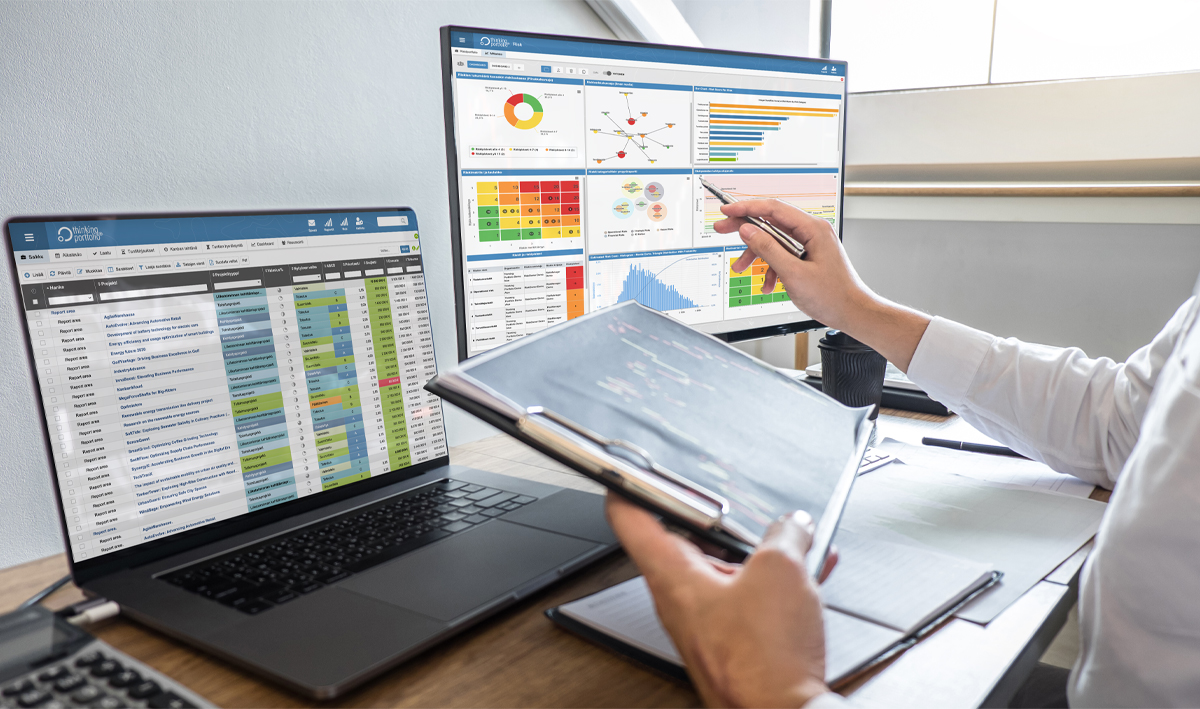It is critical for project managers to conduct project post-evaluation meetings with their teams. The agenda of such a meeting is focused on factors such as the results, performance and expenditure information available after completion of the project.
Prior to conducting a project post-evaluation meeting, project managers must collect relevant project data and develop a concrete meeting agenda. This will allow them to see clearly, the issues that need to be addressed and the ways in which constructive feedback can be obtained.
How To Conduct An Effective Meeting
As far as the logistics of a successful project post-evaluation meeting are concerned, it is critical that the discussion does not become a ‘witch hunt’ or ‘blame game’. The objective of identifying problems that were experienced during a project cycle is not to throw accusations, but to use them as references to make sure that future efforts in project execution and communication will be more efficient.
Some of the critical information needed for conducting a project post-evaluation report includes the following:
- Final project results
- Expenditure on resources
- Performance schedule
- Change in objectives, budgets and schedules during project cycle
- Key challenges that surfaced during project implementation
- Management’s feedback on project results
- Customer feedback on project results
- Unexpected changes or occurrences in the external environment during project cycle
In order to make the project post-evaluation meeting more effective, the following suggestions could be considered as useful guidelines:
Pick a moderator
The project manager usually fits into the role of a moderator. However, it might be a good idea to consider a more unbiased team member as a moderator if needed. A moderator ensures that the focus of the meeting is not shifted and that each team member gets an opportunity to voice feedback.
Meeting schedule is important
The main purpose of conducting a project post-evaluation meeting is to make sure that each team member can participate. Hence, it is vital to schedule the meeting ahead of time so that all team participants can attend.
Set an agenda for the meeting
The project post-evaluation meeting requires setting of a comprehensive agenda. An agenda ensures that the meeting covers each pertinent topic and does not lose focus. Further, with an agenda in mind, team members will also get an opportunity to prepare themselves for the meeting.
Prepare a set of questions
What exactly are you trying to examine through a project post-evaluation meeting? There are usually a couple of different cross-sections that can be used for framing your inquiry. The basic inquiry categories include planning, implementation, communication and results.
Takeaway
Here is a summary of the purpose of running a project post-evaluation meeting:
- Retention and transfer of knowledge
- Obtaining the official acceptance of clients/customers for the final product/service delivery
- Overall assessment of the project to identify lessons learned
- Ensuring that the right set of people get assigned with all potential outstanding tasks and activities
- Official closure of the project








